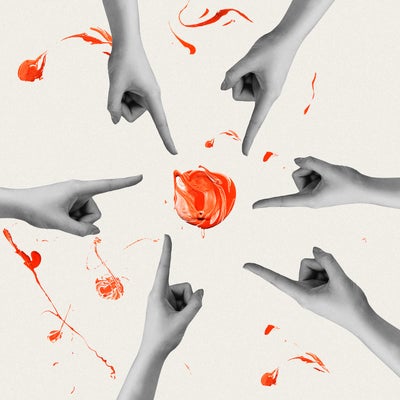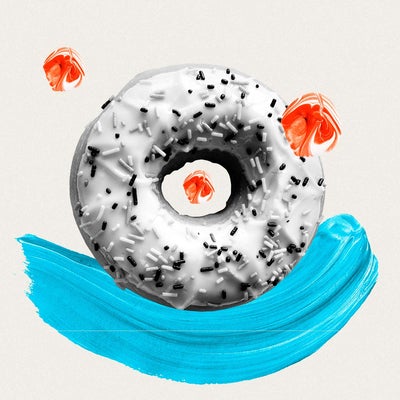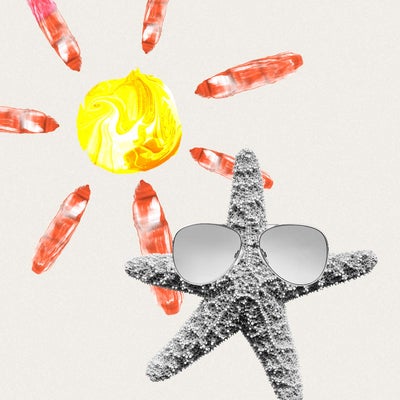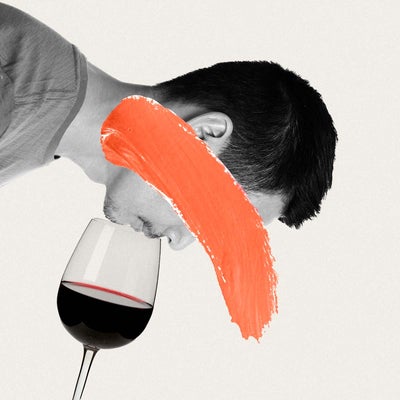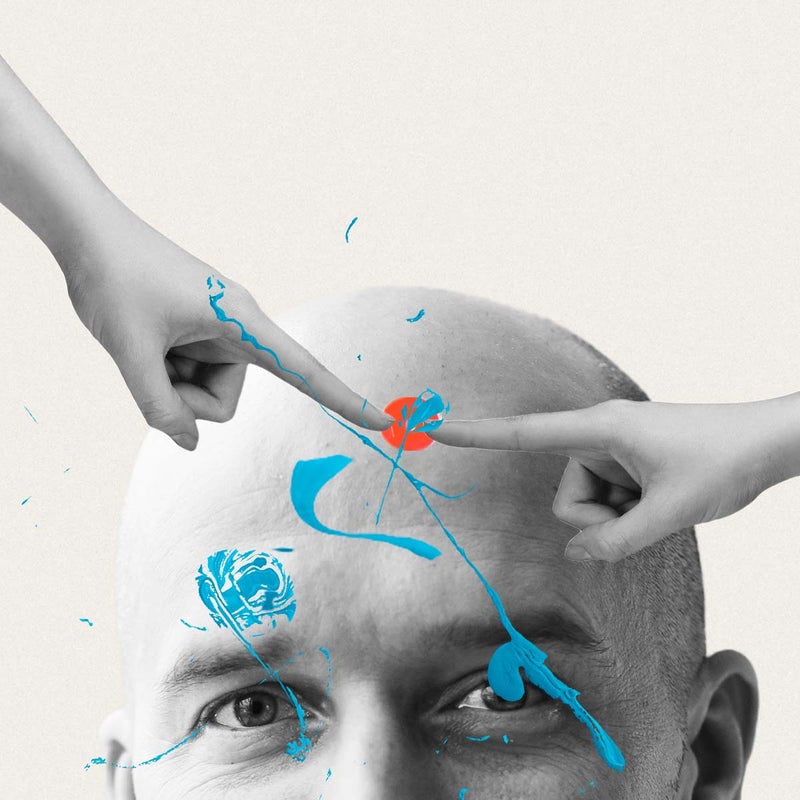
What We Talk About When We Talk About Popping Pimples
In this article you’ll learn:
1. Popping zits is not new — Plato probably popped zits
2. What’s inside a pimple, exactly?
3. The problem with zit popping
4. What you should do instead of squeezing pimples
Acne is nothing new. The ancient Greeks had zits, although their theory about the cause of acne was off the mark — they believed it came from an internal imbalance of blood, phlegm, black bile, and yellow bile.
But you know the real deal with acne: teenage genetics trigger an overproduction of oil that causes the skin cells lining the hair follicles to become sticky, which traps bacteria (called P. Acnes) in the follicle until it multiplies and gives birth to a pimple — usually just in time for junior prom or an important photo op.
And pimples often rear their ugly heads beyond teen years.
What’s inside a pimple?
What’s a zit actually made of? Let's deconstruct the gunk that produces such emotional anxiety:
- Blackheads: When you go blackhead popping you're messing with a stretched open pore clogged with oil or dead skin cells.
- Whiteheads: A closed pore clogged with oil or dead skin cells
- Papules: Elevation of skin with no visible fluid
- Pustules: Small bumps on the skin containing fluid or pus
- Lipoma: A small growth of fat cells found in a fibrous capsule just below the skin
- Cysts: A sac-like pocket of tissue, often filled with fluids, that can grow anywhere in or on the body
- Milia: Small white bumps that occur when keratin gets stuck under skin

The problem with squeezing pimples
When it comes to treating acne, there’s one contemporary tactic that the ancient Greeks no doubt would have likely deployed: popping pimples. And why not? Witch hazel and toothpaste didn't exist — the Greeks did, however, use a combination of diet, herbal remedies, and prayers — and they probably got a dopamine charge out of squeezing their pimples, one main reason why the tactic has proved so satisfying for so many people for millennia.
Problem is, there’s limited benefit to popping zits. “Popping pimples usually won’t help you get the outcome you want, which is to get the microorganisms out of your skin,” said Dr. Steve, our derm-in-chief. “Zit popping can actually spread the microorganism inside your skin, which can trigger a worse acne lesion. As a result it takes longer to heal and may even increase your risk of scarring.”
Pimple-popping guidance
While you shouldn't take popping blackheads, whiteheads, papules, and pustules into your own hands (or fingers), there are scenarios where pimple popping can be beneficial. “With zit popping, you can probably help it on its way out, but it's really hard for patients to always know when and how to do it,” said Dr. Steve. "It can help reduce the size of the blemish and reduce discomfort — if done by a professional."
As for cyst popping, dermatologists typically puncture the skin and then apply pressure to release the pus and/or blood. Same with milia and lipoma, which are then lifted out with a tweezer. With the exception of some cysts, these growths are all benign, so removal is often a matter of comfort — or timing (performed before you have your photo taken for your driver's license).
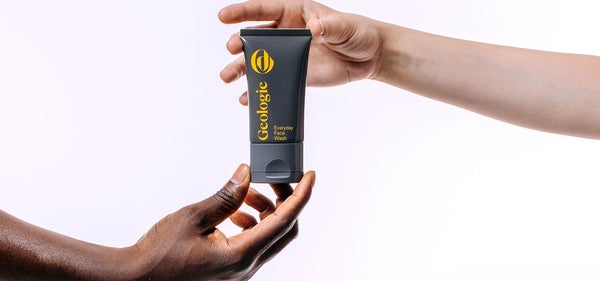
Better than squeezing
Of course, the best way to deal with acne is to take care of your skin consistently. Retinol in the Night Cream and Salicylic Acid in the Everyday Face Wash go a long way toward cleaning out the gunk and accelerating healthy skin reproduction. But it takes time. Check this post out if you’re wondering what to expect in the first six weeks.
Any questions? Reach out, we’re here so you don’t need to continue squeezing pimples.





